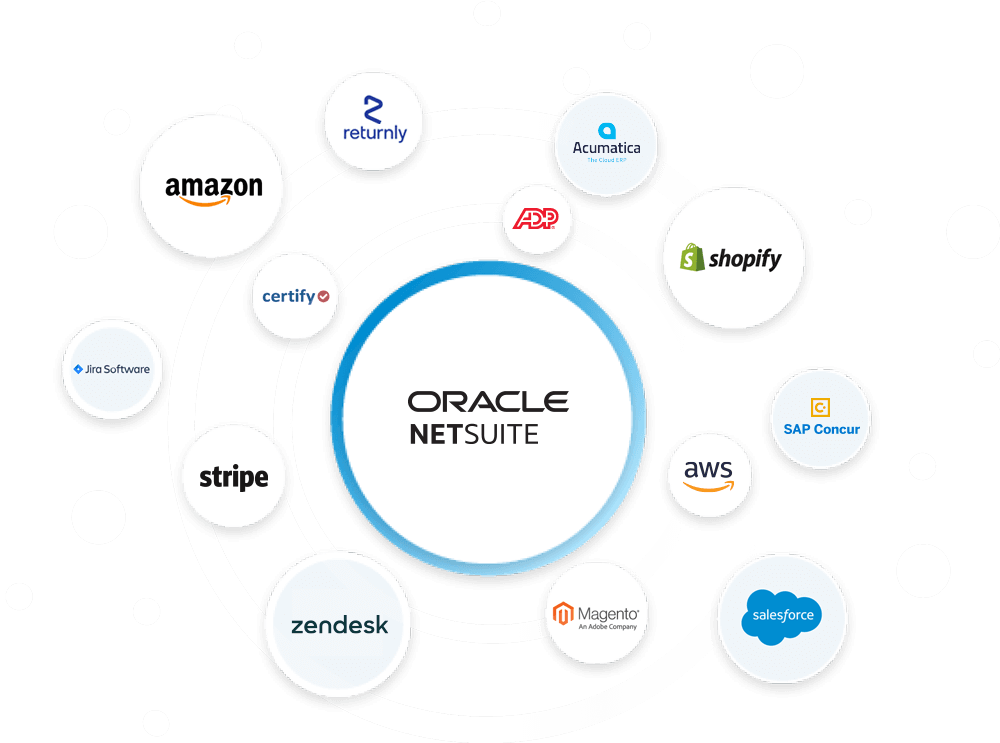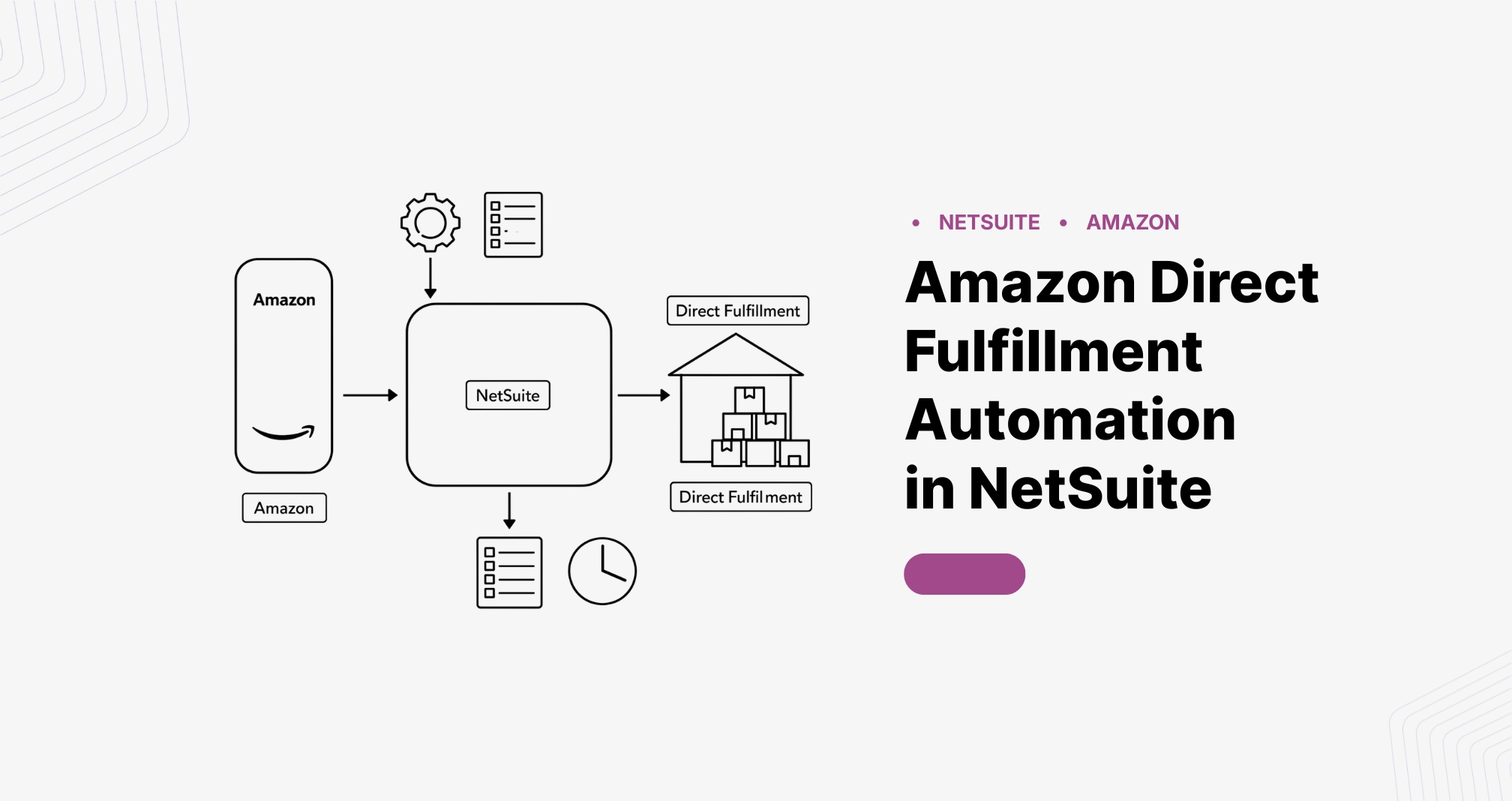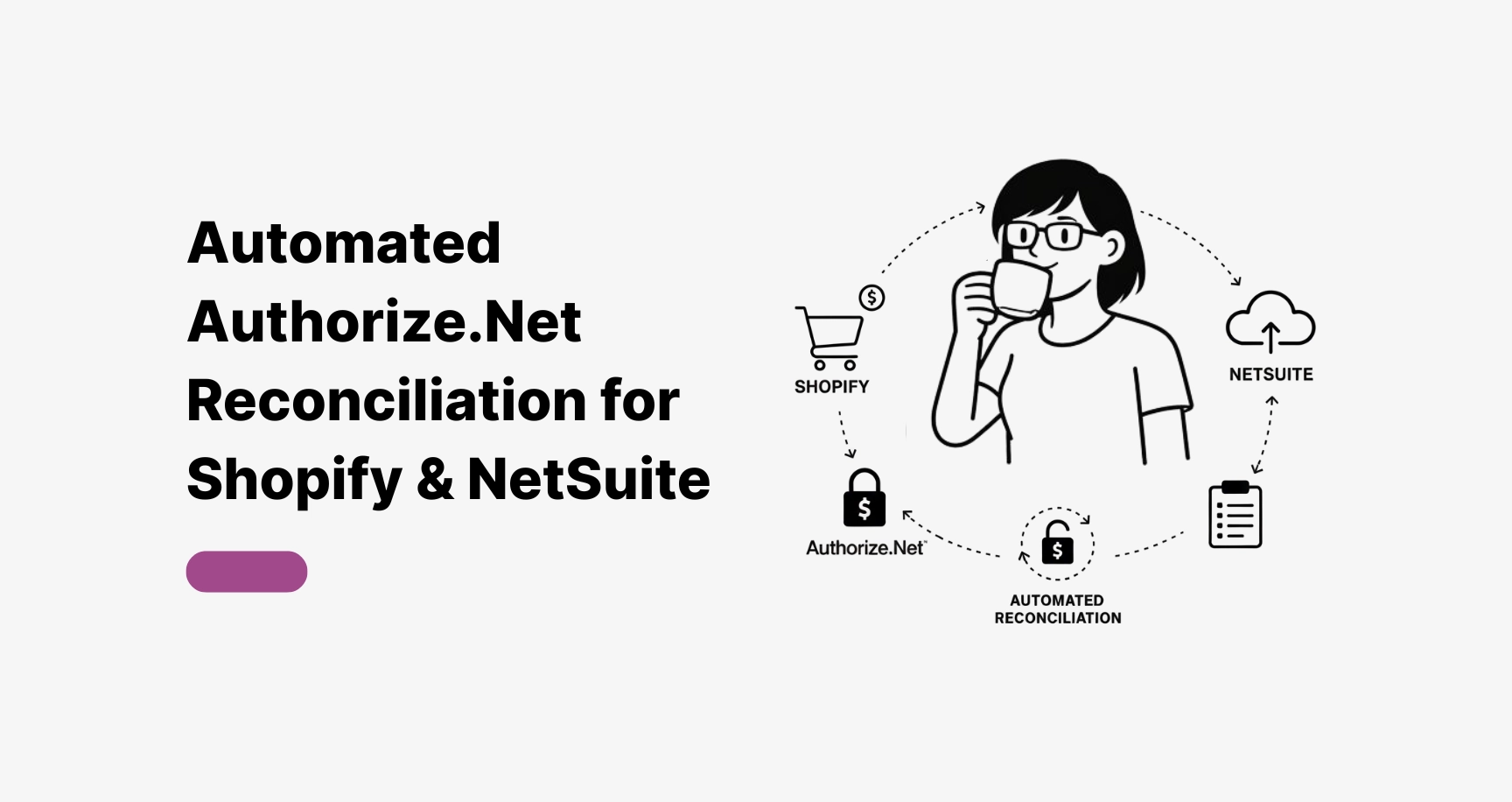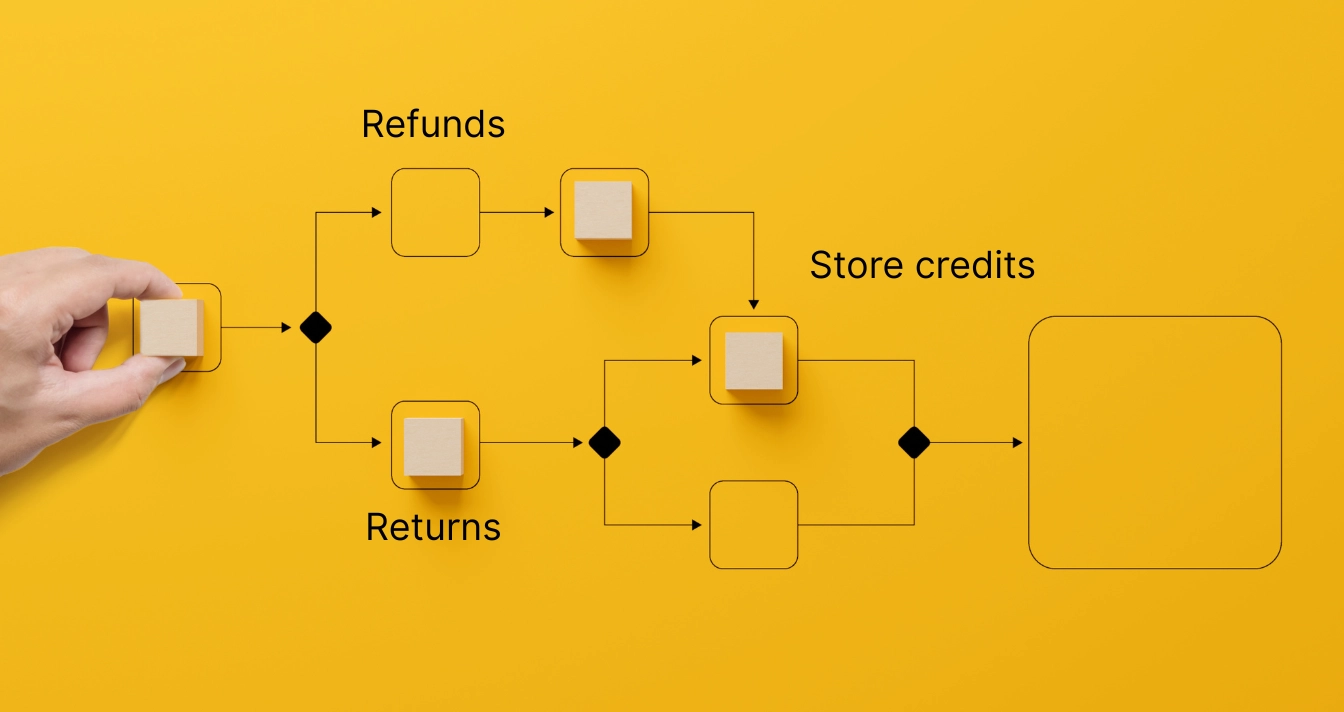The powerful combination of Shopify B2B and NetSuite can bring almost any wholesale e-commerce business a multitude of benefits, from advanced order and inventory management to improved customer relationship management and insightful analytics. But for that to happen, one big hurdle needs to be crossed – a complex integration process.
At Hairball, we have completed Shopify integration with NetSuite many times and we know exactly how to make one work for your store as well. So in this article, we’ll delve into Shopify B2B, NetSuite and their standout features – and then outline the steps and best practices necessary for a successful integration.
The Overview of Shopify B2B and NetSuite
Shopify B2B
Shopify B2B is an extension of the popular Shopify e-commerce platform, specifically designed to cater to the needs of wholesale businesses. Its key features and capabilities include, but are not limited to:
- Wholesale Pricing: Shopify B2B allows you to set up custom pricing tiers for wholesale customers, ensuring that they receive appropriate pricing based on their purchasing volume.
- Custom Catalogs: You can create customized catalogs tailored to different customer segments or pricing tiers. This enables wholesalers to showcase different products to different buyers based on their preferences.
- Bulk Ordering: The platform facilitates bulk ordering, allowing wholesale customers to quickly add multiple products to their cart and place large orders with ease.
- Account Management: Shopify B2B offers robust account management features, enabling you to create and manage accounts for your wholesale customers – this includes setting credit limits, managing shipping/billing addresses, and tracking order history.
- Integration with Shopify: Since Shopify B2B is built on the Shopify platform, it also integrates with Shopify’s core features and third-party apps.
NetSuite
NetSuite, on the other hand, is a cloud-based ERP (Enterprise Resource Planning) solution that provides a unified platform for managing various aspects of business operations, including finance, inventory management, customer relationship management (CRM), and more. Its most distinguishable features are:
- Financial Management: NetSuite gives you real-time visibility into financial data, including general ledger, accounts payable and receivable, budgeting, and financial reporting.
- Inventory Management: You can also efficiently manage your inventory across multiple locations and channels with the help of inventory tracking, demand planning, and order fulfillment capabilities.
- Order Management: NetSuite’s order management functionality can help you streamline the entire order-to-cash process, from order capture to fulfillment and invoicing. It supports complex order workflows, including drop-shipping, back-orders, and returns management.
- CRM and Marketing Automation: NetSuite includes built-in CRM and marketing automation capabilities, which is very useful for managing customer relationships, tracking sales leads, and executing targeted marketing campaigns.
- Customization and Integration: Lastly, NetSuite is highly customizable and can also be connected with numerous other systems (Amazon, BigCommerce, TikTok Shop, etc.) to enhance its strengths.
Benefits of Integrating Shopify B2B with NetSuite
Key benefits of Shopify NetSuite integration include, but are not limited to better order and inventory management, customer relations, reporting as well as operational efficiency:
Enhanced Order Management and Fulfillment
Orders placed through Shopify B2B are synced with NetSuite, which ensures that orders are processed quickly and accurately, and reduces the risk of errors. On top of that, orders are automatically routed to the appropriate fulfillment centers or drop-shippers.
Not to mention, With integrated order tracking, businesses can provide customers with real-time updates on the status of their orders. This enhances transparency and customer satisfaction while reducing the burden on customer support teams.
Streamlined Inventory Management and Tracking
NetSuite serves as a central repository for inventory data, allowing you to track stock levels, manage replenishment, and prevent stockouts. This way, inventory levels are automatically updated in real-time across Shopify B2B and NetSuite, always giving you accurate stock information for both online and offline sales channels.
Improved Customer Relationship Management
NetSuite aggregates customer data from Shopify B2B and other touchpoints, providing a holistic view of your customer interactions, preferences, and purchase history. With this, you can deliver more personalized experiences to your B2B customers through targeted marketing campaigns, customized pricing, and product recommendations.
Comprehensive Reporting and Analytics
The platform will provide a centralized reporting dashboard that aggregates data from Shopify B2B, sales, inventory, and financials. Additionally, NetSuite’s data visualization tools present complex data in a visually compelling manner, which will make it easier for you to identify certain trends and outliers.
Increased Operational Efficiency and Cost Savings
While there may be initial costs associated with integrating Shopify B2B with NetSuite, the long-term benefits far outweigh the investment. By consolidating the two systems, you can lower their total cost of ownership and achieve a higher ROI over time.
This is achieved by automating order processing, inventory management, and reporting tasks, as it frees up valuable time for employees to focus on higher-value activities. Additionally, the streamlined order management and inventory processes are directly linked to higher customer satisfaction, which can lead to repeat business and positive word-of-mouth referrals.
Shopify B2B Integration to Netsuite Features and Functionality
We can highlight four core advantages of NetSuite Shopify integration: seamless dana sync between the two platforms, high degree of system customization, automated processes and total visibility of your vital data:
Seamless Data Synchronization
One of the key benefits of integrating Shopify B2B with NetSuite is the seamless synchronization of data between the two platforms. Here’s how it works:
- Bidirectional Data Flow: The integration enables bidirectional data flow between Shopify B2B and NetSuite, ensuring that information such as orders, customers, products, and inventory is synchronized in real-time.
- Unified Data Model: Shopify B2B and NetSuite share a unified data model, which ensures consistency and accuracy of information across platforms.
Customization for Specific Business Needs
Another advantage of the integration is being given the ability to customize the integration to meet your specific needs. Here’s how you can use it:
- Tailored Workflows: The degree of customization is very high – you can define rules for order processing, inventory management, pricing, and customer segmentation, among other things.
- Custom Data Mapping: In addition to standard data synchronization, you can create custom data mappings to accommodate unique data requirements.
- Integration with Third-Party Apps: You can also perform integrations with third-party apps and services, extending the functionality of Shopify B2B and NetSuite to achieve even the most complex goals.
Automated Workflows
Integrating Shopify B2B with NetSuite will also help you to automate various repetitive tasks:
- Order Processing Automation: Orders placed through Shopify B2B are automatically synced with NetSuite, triggering automated workflows for order processing, fulfillment, and invoicing.
- Inventory Management Automation: Inventory levels are automatically updated in real-time across Shopify B2B and NetSuite, ensuring accurate stock information and preventing overselling or stockouts.
- Customer Communication Automation: Automated notifications and alerts can be set up to keep customers informed about order status, shipping updates, and other relevant information.
Real-Time Updates and Total Visibility
You can also expect real-time updates and visibility across platforms from the integration:
- Real-Time Data Synchronization:Changes made in either Shopify B2B or NetSuite are instantly reflected in the other platform, ensuring that you always have access to the latest information.
- Cross-Platform Reporting:NetSuite’s reporting and analytics give you deep insights into key metrics such as sales performance, inventory turnover, and customer behavior.
- Mobile Accessibility:Both Shopify B2B and NetSuite offer mobile accessibility, allowing you to access data and perform tasks on the go.
Steps to Integrate Shopify B2B with NetSuite
In our opinion, an efficient Shopify B2B with NetSuite integration process is best described in the following five steps:
- Integration Requirements Assessment
- Shopify B2B Account Configuration
- NetSuite Account Configuration
- Shopify B2B to NetSuite Connection
- Testing and Troubleshooting
Step 1: Assess Integration Requirements
Identify the specific data points that need to be synchronized between Shopify B2B and NetSuite – these are orders, customers, products, inventory, and pricing information. Then determine the desired workflows that should be automated such as order processing, inventory management, or customer communication – that depends on your priorities.
Additionally, assess any custom fields, pricing tiers, or other unique configurations that need to be accommodated in the integration, if any.
Step 2: Configure Shopify B2B Account for Integration
Create customer groups in Shopify B2B to categorize customers and assign specific pricing tiers or discounts to each group. That’s very important in the case of wholesale customers as this ensures that they receive appropriate pricing discounts.based on their purchasing volume or relationship with your business.
Also make sure to organize your products into collections and apply pricing rules as needed for each product category.
Step 3: Set Up NetSuite Account for Integration
Configure order management settings in NetSuite according to your pre-defined integration requirements – define your order workflows, fulfillment processes, and shipping methods.
Set up specific inventory management settings so as to synchronize NetSuite inventory levels with Shopify B2B. This typically involved determining inventory locations, stock keeping units (SKUs), and reorder points.
Lastly, create customer records in NetSuite to mirror the customer data stored in Shopify B2B – ensure that customer information, including contact details, billing addresses, and payment preferences, is accurately captured in NetSuite.
Step 4: Connect Shopify B2B to NetSuite
Choose an integration tool or middleware platform that supports Shopify B2B and NetSuite integration. For instance, our Hairball team gives preference to Celigo as we believe it to be the most balanced Shopify NetSuite integrator in terms of strength, flexibility and user-friendliness.
Define data mapping rules to specify how data should be transferred between Shopify B2B and NetSuite. Map fields such as orders, customers, products, and inventory attributes to ensure accurate data synchronization. Once that is done, you may proceed with the connection.
Step 5: Test and Troubleshooting Integration
After the completion of the integration, you need to perform end-to-end testing of various integration scenarios, including order placement, inventory updates, customer data synchronization, and pricing adjustments. This will verify whether the data flows accurately between Shopify B2B and NetSuite in real-time.
On top of that, make sure to monitor integration logs and error messages during testing to identify any issues or discrepancies. If there are any, troubleshoot those as soon as you can and implement all the necessary fixes. It’s also a good practice to involve key stakeholders and users in testing to gather feedback and address any usability or functionality concerns before deploying the integration.
Conclusion
While the Shopify B2B with NetSuite integration process can be complex, the payoff in terms of streamlined order and inventory management, improved customer relationship management, and insightful analytics is substantial. Shopify B2B, tailored for wholesale businesses, provides robust features such as wholesale pricing, custom catalogs, bulk ordering, and comprehensive account management.
At the same time, NetSuite complements Shopify B2B by offering comprehensive financial management, inventory tracking, order management, CRM, and marketing automation.
However, to successfully integrate Shopify with NetSuite, you need thorough preparation, and a well-structured process – something that not all teams can handle on their own. That’s why, should you experience any problems before, during or after the Shopify B2B with NetSuite integration process, don’t hesitate to reach out to a team of professionals like Hairball – we will get the job done.



